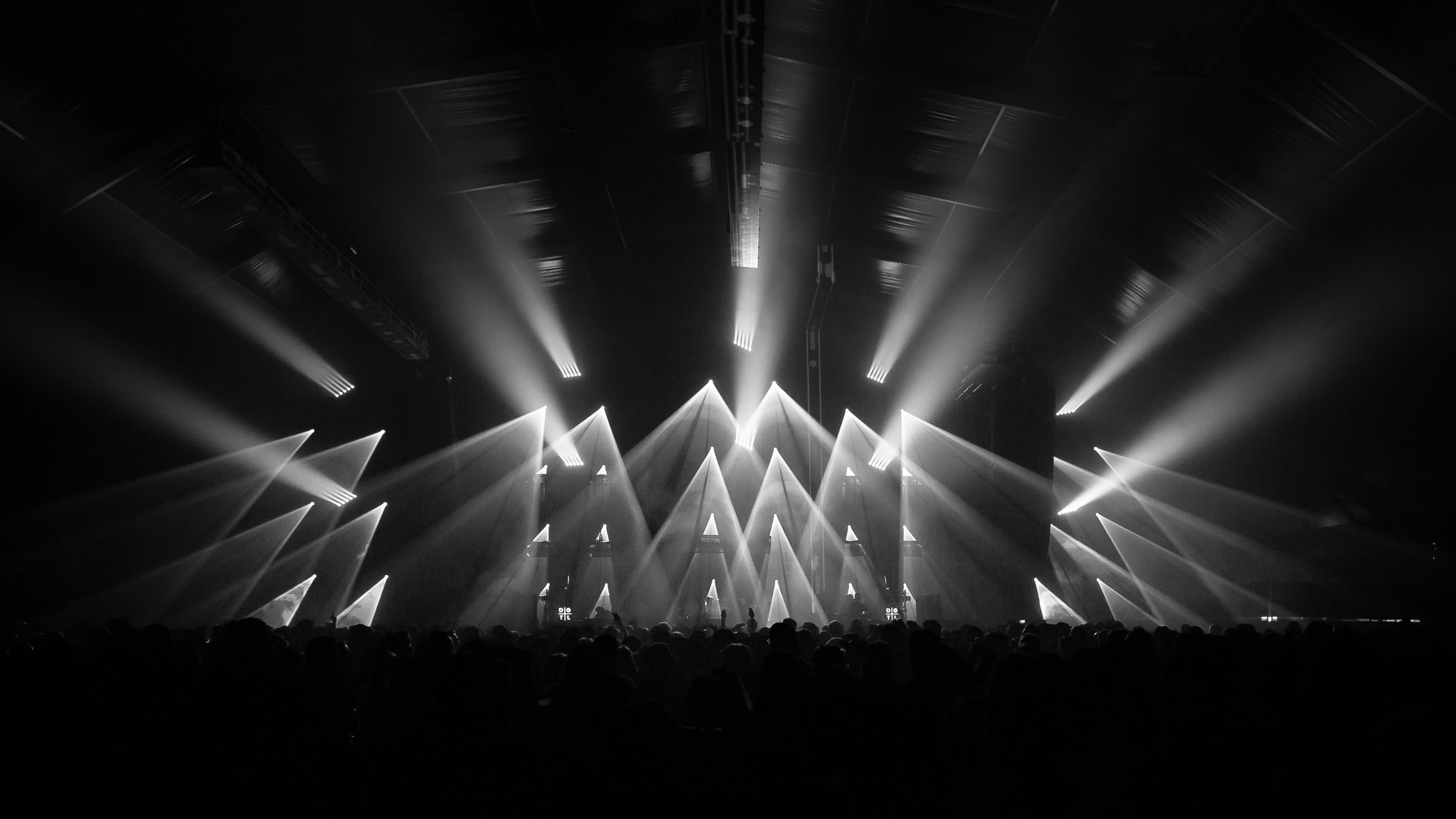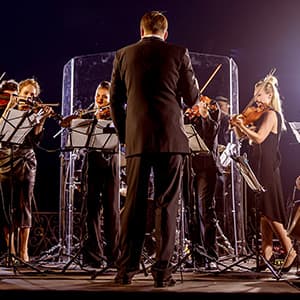

Shostakovich Symphony No 10 Tickets
Up to 30% Off Compared to Competitors.
Location: Select Location (e.g, New York)
Events Nearby
We're Sorry. There are currently no events near you.
About Shostakovich Symphony No. 10
Currently, Shostakovich's Symphony No. 10 continues to be a popular choice among orchestras globally, reflecting its enduring relevance and appeal. In recent months, numerous prestigious orchestras have featured this symphony in their concert programs, often pairing it with other significant works to create compelling thematic performances. For instance, the Berlin Philharmonic and the London Symphony Orchestra have both scheduled performances of the symphony as part of their 2023-2024 concert seasons, highlighting its importance in contemporary classical music. Additionally, various music festivals, including the BBC Proms and the Tanglewood Music Festival, have included the Symphony No. 10 in their line-ups, drawing audiences eager to experience its dramatic and emotional impact live. Conductors known for their interpretations of Shostakovich, such as Kirill Petrenko and Gustavo Dudamel, are particularly sought after for these performances, bringing their unique insights to this monumental work. Furthermore, live recordings of performances continue to emerge, capturing the nuances of orchestral interpretations and the emotional resonance of the symphony, making it accessible to a broader audience. As classical music enthusiasts and new listeners alike flock to concert halls to experience the power of Shostakovich's music, Symphony No. 10 remains a vital part of the live event performance landscape, embodying the complexities of its historical context while resonating with contemporary themes of struggle and resilience.
Shostakovich Symphony No. 10 History
Dmitri Shostakovich's Symphony No. 10, composed in 1953 shortly after the death of Joseph Stalin, is one of the most significant orchestral works of the 20th century. The symphony is a monumental piece that captures the emotional landscape of post-Stalinist Russia, reflecting both the oppressive atmosphere of the time and the composer's personal struggles with the Soviet regime. The premiere took place on December 17, 1953, in Leningrad (now St. Petersburg) and was conducted by the composer himself. The symphony is structured in five movements, each conveying a range of emotions from despair to triumph, and is particularly noted for its powerful use of orchestration, innovative motifs, and the incorporation of a memorable 'DSCH' motif that represents Shostakovich's initials in musical notation. Over the decades, the Symphony No. 10 has been interpreted in various ways, often seen as a reflection of the composer’s complex relationship with authority and his own identity as an artist under a totalitarian regime. Its place in concert repertoires has solidified, making it a staple for orchestras worldwide, and it has consistently been praised for its profound emotional depth and technical prowess.
